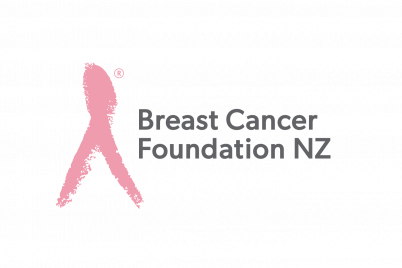Brain injury is a family injury and the fact that rehabilitation has largely focused on individuals is an injustice, claims clinical psychologist Elisa Lavelle Wijohn who recently completed a PhD into traumatic brain injury and its impact on families.
Her study – the Brain Injury Whānau Action Project (BIWAP) – was funded by a career development award from the Health Research Council of New Zealand and looked at how to make lives better for families of adults with serious brain injury.
“Brain injury is a particular category of illness – the person who’s affected might not be aware of the changes that have happened to them because the illness is in the brain, and because of what it does to someone’s identity and sense of self,” says Lavelle Wijohn. “Quite often, you’ll find families of brain injury patients suffer more than people with other illnesses.”
Part of her motivation for doing the research came from her own observations that families had hugely differing levels of skill and success in managing the help available from rehabilitation services and the Accident Compensation Corporation (ACC). She also felt that the systems in place were a particularly poor fit for Māori families, given the emphasis within Māori culture on the wellbeing of whānau.
Lavelle Wijohn teamed up with the Auckland Brain Injury Association and conducted her study using the principles of Māori-centred Community Based Participatory Research (CBPR).
Along with her co-researchers (members of families affected by brain injury), she brought together families (including people with brain injury, children and elders) and health professionals for a wānanga – a weekend of marae-based learning designed to educate and strengthen all the families in attendance. They talked about advocacy, neuropsychological assessments, relationships, fatigue, and feelings of isolation.
The first wānanga was attended by 80 people; a second one (organised at a later stage and co-sponsored by ACC) was attended by 160 people.
The benefits of the wānanga can be seen in these video clips, but Lavelle Wijohn says it also resulted in relationship-building with like-minded groups. Importantly, thanks to having an ACC representative in attendance at the second wānanga, she believes the views and needs expressed by families have since had an influence in policy design, too.
She says ACC’s recently-released Traumatic Brain Injury Strategy and Action Plan (2017 – 2021) has a focus on whānau, human rights and the rights of patients and children. “They’re thinking about how families could be more supported, and I’d like to think we were a part of that,” she says.
She believes this project was an effective way of conducting research that has direct relevance to the community of concern.
“The follow-on has been beyond all my hopes,” she says, adding that wānanga participants experienced a feeling of universality throughout the weekend which helped them feel that they weren’t alone.
